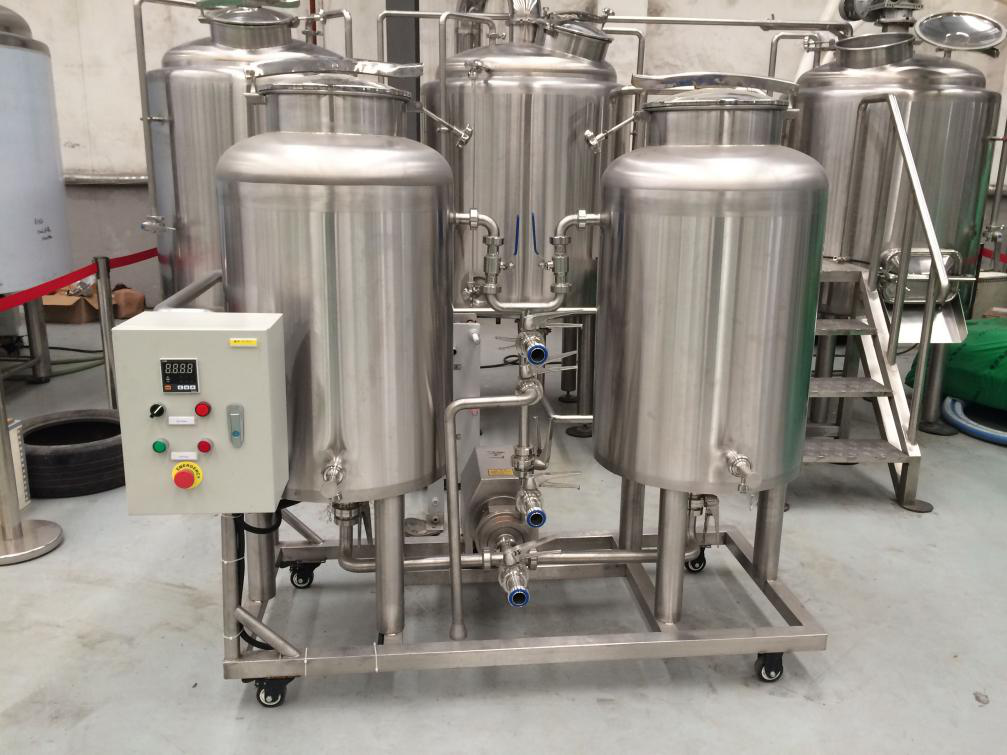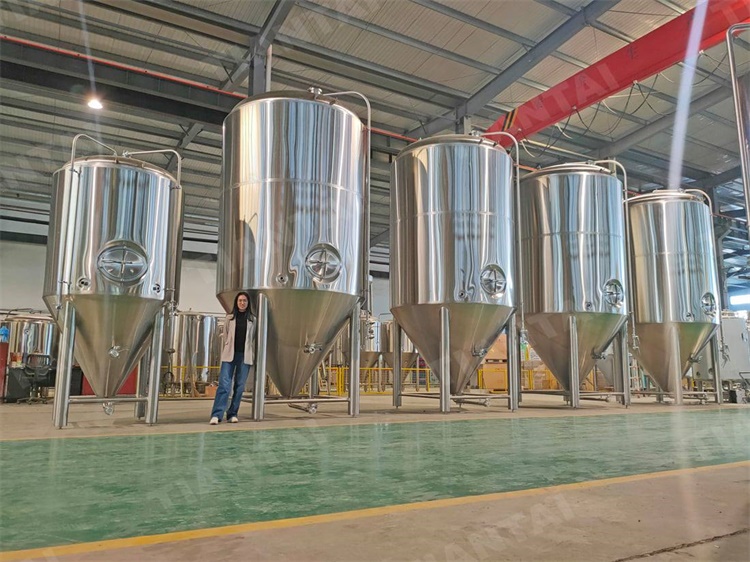.jpg)
1. Water Source: Breweries often start with a municipal water source or well water, which can vary in mineral content and quality. Some minerals in water, such as calcium, magnesium, and bicarbonate, can have a significant impact on the brewing process and craft beer flavor. RO systems can help remove or reduce these minerals, providing a consistent water source.
2. Water Purification: The RO system uses a semi-permeable membrane to remove impurities from the water. It works by applying pressure to force water molecules through the membrane, leaving behind most dissolved solids, including minerals, salts, and contaminants. This results in purified water with reduced mineral content.
3. Consistency: One of the main benefits of using an RO system in a brewery is achieving consistent water quality. Brewers can start with a blank canvas (pure water) and then add precise amounts of minerals and salts to create a specific water profile tailored to the style of beer they want to brew. This level of control is essential for achieving consistent and repeatable results.
4. Recipe Flexibility: RO-treated water allows brewers to adjust the water profile for various beer styles, replicating the water characteristics found in different brewing regions worldwide. For example, you can create water profiles similar to the soft water of Pilsen for brewing lagers or the hard water of Burton-on-Trent for brewing traditional British ales.
5. pH Control: RO water tends to be slightly acidic due to the removal of minerals. Brewers can easily adjust the pH of the brewing water to their desired level by adding minerals or acid, ensuring that the mash pH falls within the optimal range for enzymatic activity.
6. Consistency in Final Product: A consistent water source helps ensure that the final beer has consistent flavor and characteristics from batch to batch. This is particularly important for breweries that produce specific flagship beers.
7. Waste Management: It's important to consider the waste generated by the RO system. These systems typically produce a concentrated brine stream that contains the removed minerals and contaminants. Proper disposal or treatment of this brine is essential to meet environmental regulations.
In summary, an RO water system can be a valuable tool in a brewery, providing control over water quality, consistency, and flexibility in recipe formulation. It allows brewers to start with a neutral base and tailor the water profile to meet the requirements of various beer styles, ultimately enhancing the quality and consistency of their products. However, it's essential to properly maintain and monitor the RO system to ensure it continues to function effectively.
Hubert
Email: [email protected]




.jpg)

Get In Touch